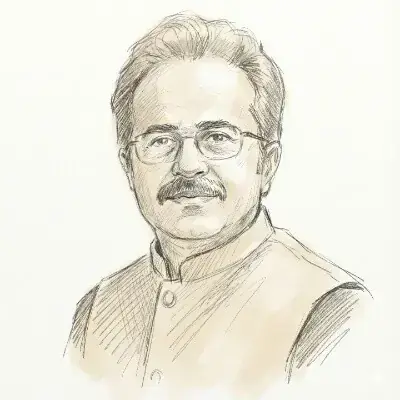ISLAMABAD: Four former presidents of the Islamabad High Court Bar Association (IHCBA) have decided to challenge the Supreme Court’s recent verdict upholding the transfer of judges from provincial high courts to the Islamabad High Court (IHC).
Riasat Ali Azad, one of the former IHCBA presidents, confirmed to Dawn that an appeal against the SC ruling will be filed next week.
“We are in consultation with other stakeholders to finalise the grounds of appeal,” he said, adding that the petition would contest both the legality and implications of the verdict passed by the Constitutional Bench of the Supreme Court.
Sources privy to the development said that five IHC judges — Justice Mohsin Akhtar Kayani, Justice Tariq Mehmood Jahangiri, Justice Babar Sattar, Justice Sardar Ejaz Ishaq Khan and Justice Saman Rafat Imtiaz — are also likely to file appeals next week, contesting the ruling which has sparked serious concerns regarding judicial seniority and autonomy.
The controversy stems from the transfer of three judges — Justice Sardar Mohammad Sarfraz Dogar (from the Lahore High Court), Justice Khadim Hussain Soomro (from the Sindh High Court) and Justice Muhammad Asif (from the Balochistan High Court) — to the IHC through a presidential notification issued on Feb 1, 2024.
Five IHC judges likely to file appeals against the CB judgement next week
The petitioners had argued that these transfers were carried out in a non-transparent and hasty manner, aiming to disturb the seniority order and influence the appointment of the acting IHC chief justice.
A five-judge Constitutional Bench, headed by Justice Muhammad Ali Mazhar, had issued a three-two split decision upholding the transfers as constitutionally valid under Article 200.
However, the bench referred the matter of seniority determination to the president of Pakistan, directing that it be decided based on service records, without altering the transfer notification.
The judgement noted that the issue did not concern seniority among judges of the same high court, but rather the complexities arising from integrating transferee judges into the existing hierarchy. The court emphasised that the Constitution permitted such transfers as long as vacancies existed and the transfers did not constitute fresh appointments.
However, the dissenting judges — Justices Naeem Akhtar Afghan and Shakeel Ahmed — strongly disagreed, terming the process flawed, lacking due consultation, and carried out in undue haste.
They were of the opinion that relevant facts were concealed, the process lacked consensus with the respective chief justices of the high courts, and the president failed to exercise an independent mind, thereby undermining judicial independence and due process.
Mr Azad stated that, in addition to challenging the SC verdict, the petitioners would also consider contesting any seniority determination made by President Asif Ali Zardari if it appears to compromise the legitimate expectations and seniority rights of existing IHC judges.
Published in Dawn, June 22nd, 2025



































